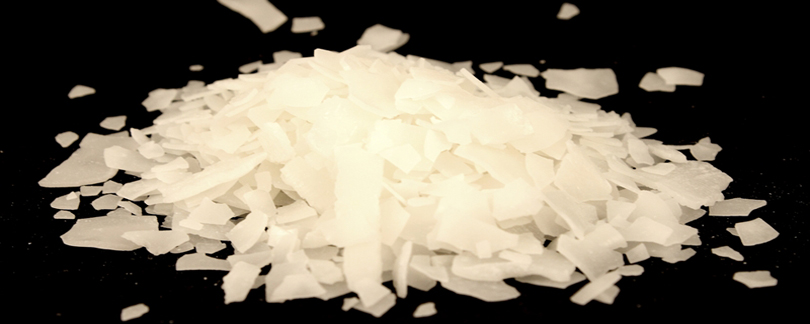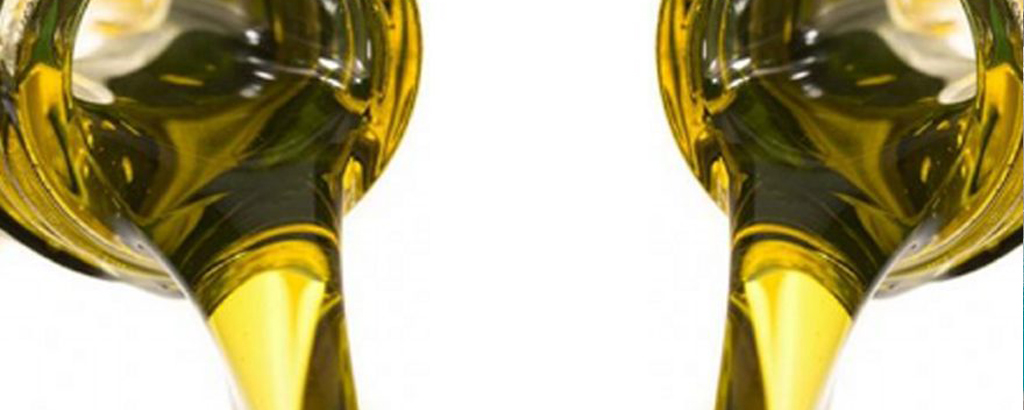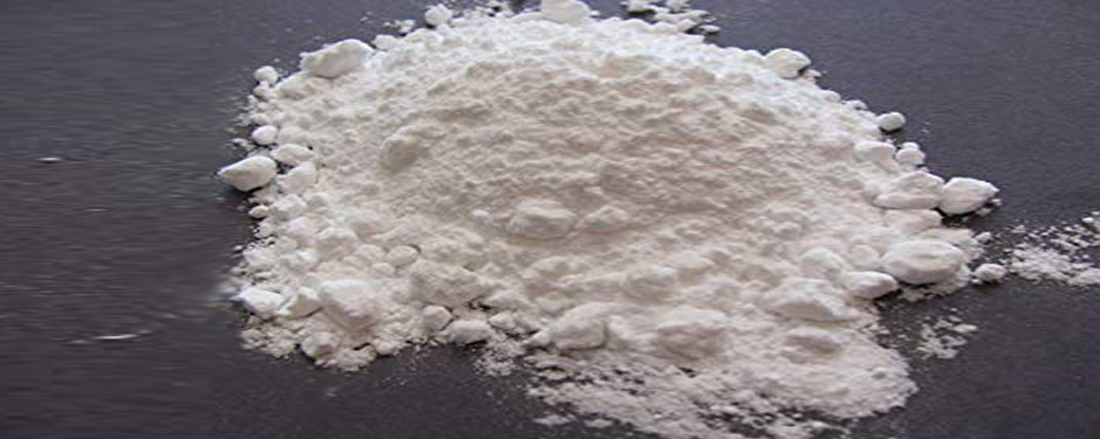PYROCATECHOL AR
Catechol (1,2-dihydroxybenzene) is used in a variety of applications. It is used as a reagent for photography, dyeing fur, rubber and plastic production and in the pharmaceutical industry
Skin contact with catechol causes eczematous dermatitis in humans. In humans, absorption through the skin results in an illness resembling that induced by phenol, except convulsions are more pronounced. ... EPA has not classified catechol with respect to potential carcinogenicity.
Approximately 50% of the synthetic catechol is consumed in the production of pesticides, the remainder being used as a precursor to fine chemicals such as perfumes and pharmaceuticals. It is a common building block in organic synthesis.
Catechol oxidase (CO), also known as o-diphenol oxidase, is a less well known member of the type-3 copper proteins. The official nomenclature is 1,2-benzenediol:oxygen oxidoreductase, indicating that dioxygen is the second substrate.








